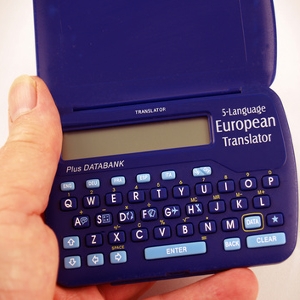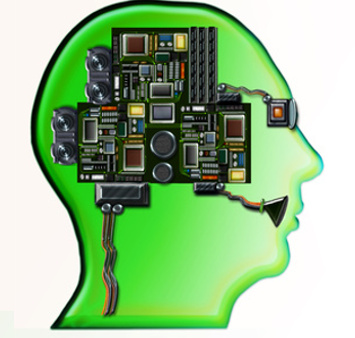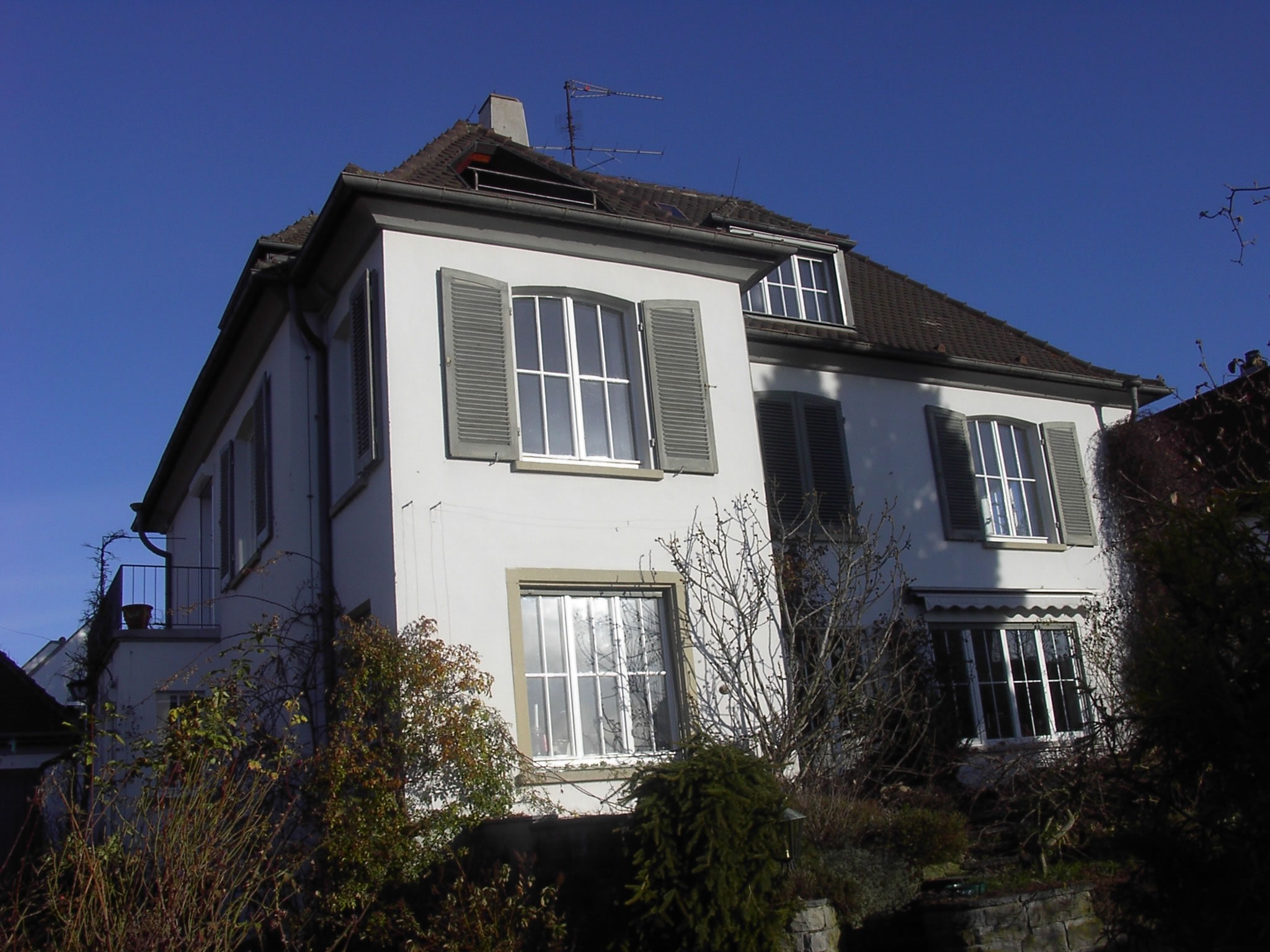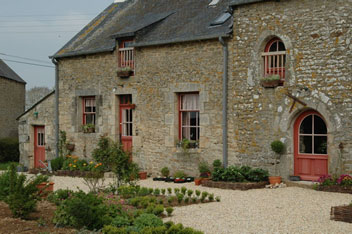N° 17 |
 |
2008/2009 |
ONE-TO-ONE COURSES WHERE THE LANGUAGE IS SPOKEN |
||
|
||||||||||||||||||||||||||
You can speak a foreign language possibly quite well. Nevertheless, you feel frustrated because you do not hear the sounds as well as you do in your own language. Rest assured. You will be able to hear like a native speaker if you put your trust in DialoguE. What are the obstacles, and how can DialoguE help you to overcome them? |
||||||||||||||||||||||||||
| Your ears change | ||||||||||||||||||||||||||
 |
Once you reach puberty, your ears begin to limit themselves to the sounds that are vital to communicating in your mother tongue. From then on, your ability to recognise new sounds diminishes, whether you are a French, Spanish or an English speaker. At times, you do not hear any of the frequencies of the language that you are learning. That language sounds like a string of unfamiliar sounds to you.
|
|||||||||||||||||||||||||
| If your mother tongue does not play with the length of sounds (short or long), it will be difficult, even impossible, for you to distinguish short and long sounds in the new language. Unfamiliar intonation may also cause you difficulties in understanding the new language. There are languages that are composed of stressed sounds and others that only use unstressed sounds. If your mother tongue is of the latter type, you will have difficulty understanding a language with a stressed tempo, and vice-versa.
|
 |
|||||||||||||||||||||||||
|
DialoguE can help you to overcome these difficulties. The DialoguE approach will enable you to find the range of frequencies that you lost during puberty. It will help you to distinguish between short and long sounds. DialoguE will familiarise you with the intonation and stress patterns of the language that you learning.
|
||||||||||||||||||||||||||
| You translate | ||||||||||||||||||||||||||
|
When you learn a language as an adolescent, your brain creates a new area for each language. The area dedicated to your mother tongue or the one dedicated to your first foreign language becomes the area where other languages will gravitate to. If you translate what you hear, you will never hear like a native speaker. You will still be in the middle of the sentence when the speaker has already finished his or her sentence. Although overcoming the temptation to translate is not an easy task, you will be able to achieve it at DialoguE in a matter of days.
|
|||||||||||||||||||||||||
| Your monitor has become too powerful | ||||||||||||||||||||||||||
Faced with the shortcomings of your ears as described above, and as a result of your recourse to translation, your brain decides to take on the mantle alone. It takes the place of your ears, and assumes the task of listening. You will hear nothing but what your brain tells you to. Unable to hear new words, it will rummage through its internal library to find a word that is similar to what it has heard.
|
 |
|||||||||||||||||||||||||
| Furthermore, as a result of the translation process, it cannot register a complete sentence. It learns to globalise and to make abstractions from a series of elements in order to retain what it estimates to be essential. And it is here that your brain, unknowingly, changes the content of the message, misunderstands or understands exactly the opposite of what has been said.
|
||||||||||||||||||||||||||
|
Another important point is that, very much like a computer, your brain uses a working memory (RAM) and a hard disc (ROM). Most of the time, recognition problems among learners do not come from the hard disc where vocabulary is stored, but from the working memory.
|
|||||||||||||||||||||||||
| The DialoguE Approach for hearing like a native speaker. | ||||||||||||||||||||||||||
|
The DialoguE approach will enable you to develop a working memory similar to the one you use for your mother tongue. DialoguE will also retrain your brain in the role that it must assume: understanding after having listened. By allowing your ears to do their job before it starts its work, your brain will be less tired. It will no longer need to look for similar words in its ’hard drive’. It will open up to new words and will allow you to pass through the stagnation phase that you might be experiencing. |
|||||||||||||||||||||||||
You will never go back to this phase after a DialoguE programme. Like a native speaker, you will enjoy hearing the real and complete content of a message.
DialoguE invites you to live and learn German in Germany (Meersburg), English in England (Rye), Spanish in Spain (Barcelona), Italian in Italy (Todi), French in the French speaking region of Belgium (Spa-Ardennes) and in France (Bretagne), and Dutch in the Dutch-speaking region of Belgium (Sint-Pieters-Leeuw). |
||||||||||||||||||||||||||
|
||||||||||||||||||||||||||
DialoguE IdiomaS info@dialogue.es |
Richard van Egdomrichard@dialogue.com |
Minoo & Mike
Short dialogue@angloscene.com |
||||||||||||||||||||||||
DIALOGUE IDIOMAS |
DIALOGUE TALEN |
DIALOGUE-ANGLOSCENE RYE (HASTINGS) |
||||||||||||||||||||||||
Claudie Wagner |
Claudine & Jean-Luc Godard |
Bernard Hénusse |
||||||||||||||||||||||||
DIALOGUE ACADEMY Meersburg |
DIALOGUE_LANGUAGES
HEAD OFFICE - SPA |
DIALOGUE FRANCE Bretagne |
||||||||||||||||||||||||
 |
||||||||||||||||||||||||||
What you will certainly not find elsewhere
Journal
DialoguE

"ONE OF THE BEST LANGUAGE SCHOOLS"
( WALL STREET JOURNAL)

















